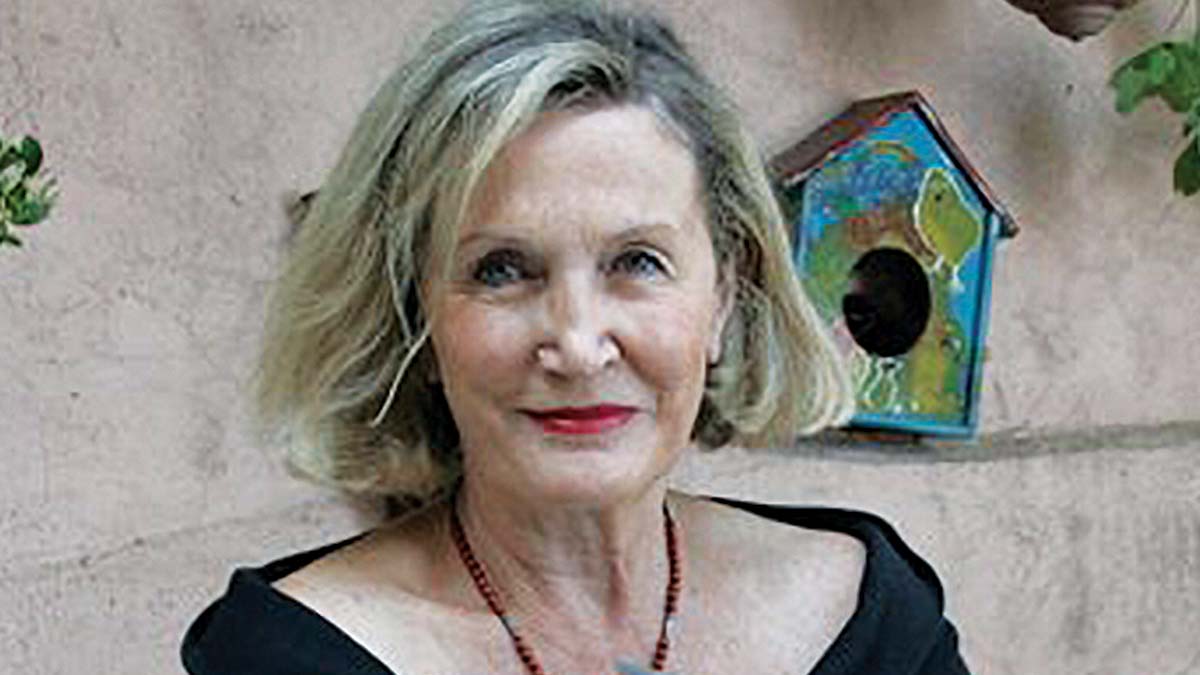AS I SEE IT
MARIANNE HERON
Summer time and the livin’ is easy, sang Ella Fitzgerald. It should be easier shouldn’t it with salad days and warm weather, correction, warm wet weather? But if anyone is hoping for an imminent reduction in those distressingly high electricity bills which have done more than their fair share to contribute to the Cost-of-Living crisis, it seems they are hoping in vain.
Add together a couple of factors: the price of wholesale electricity came down by a third last month, gas prices, which contribute to the cost of electricity, have stabilised from the all-time high caused by Putin’s war on Ukraine, plus we generally use less energy in summer and our bills should be dropping.
The European Commission has declared that last year’s energy crisis is over, yet Irish providers are still charging around double the pre-war prices.
Why? You may well ask. It’s easy to imagine a scenario where a company uses the common practice of hedging – buying commodities in advance as a protection against ups and downs in price. Those responsible miscalculate how long high wholesale prices are going to last, pay over the odds and, as a result, their customers end up paying more.
In a normal business those who made the mistake would be shown the door and customers faced with inflated bills would go elsewhere. But when it comes to electricity providers, they not only continue issuing high bills but the Government step in to take the pain out of paying for an essential service and fork out €2bn. of taxpayers’ money in energy credits over the winter months. Nice one if you can get away with it!
It would help to know when energy companies are going to pass on the drop in prices to their customers and if they are profiting excessively at consumers’ expense.
The Government, who want to put together a cost of living package ahead of the autumn Budget, can’t get a straight answer from providers. For one thing the companies don’t have to give information due to commercial sensitivity and price signalling rules. For another, electricity providers can use their hedging system and the complexities of the electricity market as a smokescreen.
In theory hedging should help consumers. Providers buy electricity on the wholesale market at a certain price over a period, typically a year to 20 months. The wholesale price may go higher or lower but companies even out the price to consumers. While this may protect customers from price hikes like the period last year when they went up to 10 times the normal level, it also takes a while for reductions to reach customers because higher prices take time to work through the market.
“There isn’t that direct a link between wholesale prices and the price to the consumer,” says Daragh Cassidy, head of communications at Bonkers, the free service which helps consumers to compare and save on household bills by switching providers. He points out that for the first six months of this year wholesale prices were still 200pc higher than normal.
It’s cold comfort to know that we are paying a lot more for electricity than other Europeans. Currently we pay 40-45 cents per kilowatt hour compared to 34 in the UK. Reasons for this range from our lack of resources such as gas and oil, to inefficiencies.
Meantime, there are some remedies for the situation. Energy windfall legislation will enable the Government to claw back profits in the sector, introducing a solidarity contribution on windfall gains made in 2022 and 2023 by the fossil fuel production and refining sector as a result of the war in Ukraine. Expected to raise €200 million to €450 million funds may be used for energy credits for households and businesses and for investment in areas such as renewable energy.
It may be worth householders’ while to switch providers too. “Some of the discounts available may not be as big as they were, but you can still get a discount of 10%,” says Daragh Cassidy, suggesting that energy credits should also apply to gas.
There are options for cutting down on electricity usage, with the Sustainable Energy Authority having lots of sensible tips. Currently I have switched to a singing kettle instead of an electric one – thank heavens I can cook on bottled gas. I have stopped using my hairdryer and I daren’t use my electric oven.
Pity, I like baking. It will be cold showers next.

















